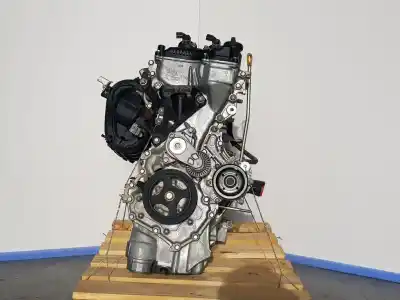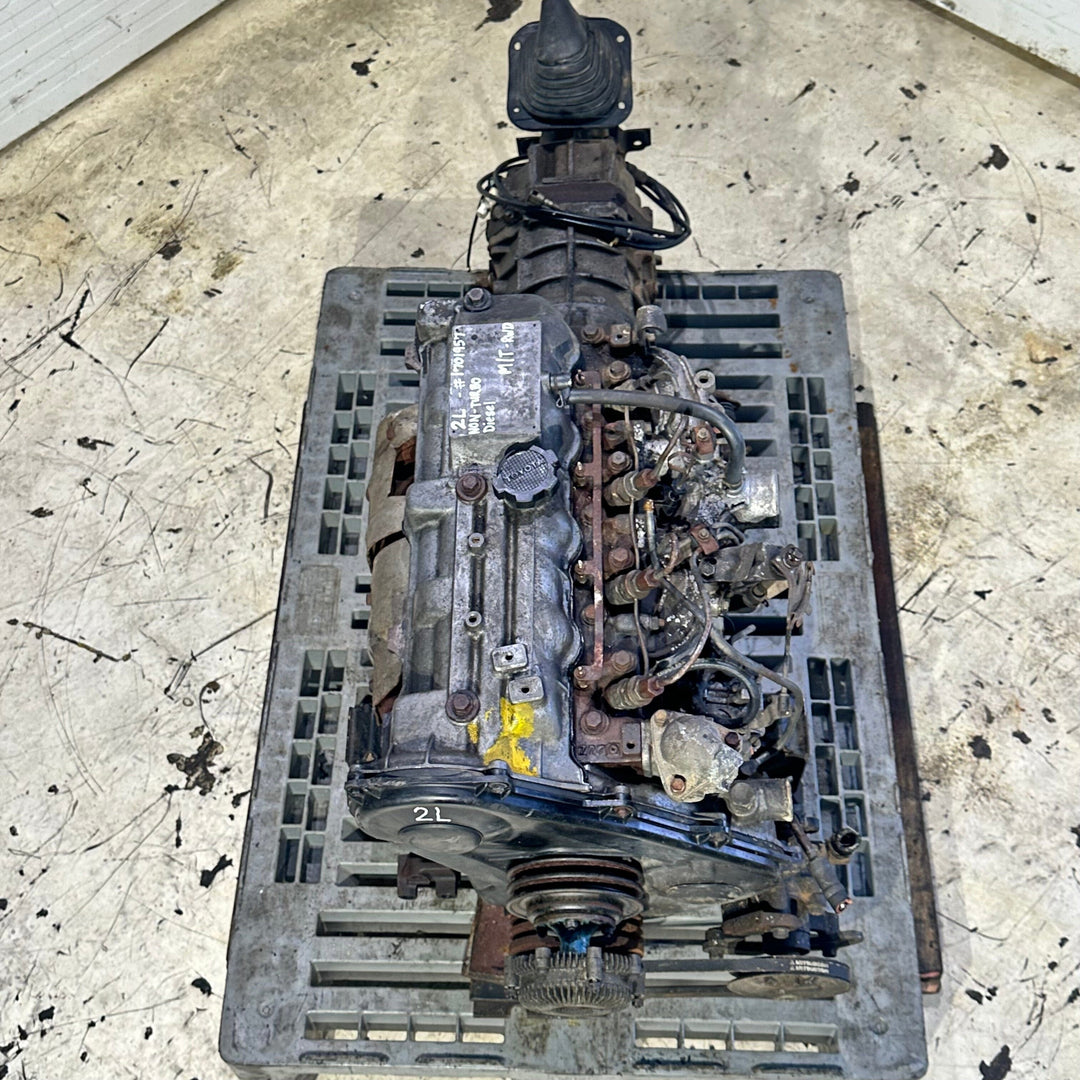Trick Includes That Specify the Iconic Toyota RunX RSI Hatchback
Trick Includes That Specify the Iconic Toyota RunX RSI Hatchback
Blog Article
Explore Quality and Worth: Your Overview to Purchasing a Second Hand Engine
When considering the acquisition of a second-hand engine, understanding the detailed balance in between high quality and value is vital. A thorough evaluation of engine dependability, problem, and background is necessary to ensure a sound financial investment.
Recognizing Engine Types
When considering the acquisition of a pre-owned engine, comprehension of the various engine types is necessary for making an educated choice. Engines can usually be categorized right into two primary kinds: interior combustion engines and electric engines. Internal combustion engines, which consist of gas and diesel versions, depend on the combustion of gas to create power. Fuel engines are typically lighter and rev higher, making them suitable for efficiency lorries, while diesel engines are renowned for their torque and gas effectiveness, frequently preferred in sturdy applications.
On the other hand, electric engines use electricity kept in batteries to power the car, using a cleaner choice with less moving parts and minimized upkeep requirements. Within these groups, there are further differences, such as two-stroke versus four-stroke inner burning engines, and different electrical motor arrangements.
Understanding these differences is essential, as they impact efficiency, compatibility with existing vehicle systems, and lasting functional prices. By familiarizing oneself with the numerous kinds of engines available, prospective buyers can better evaluate their requirements and choose that line up with their car's demands and their individual preferences.

Reviewing Engine Problem
A comprehensive examination of engine condition is critical for anybody thinking about the acquisition of a used engine. Start with an aesthetic inspection; check for indications of oil leaks, corrosion, or any kind of physical damages to the engine block. A clean engine is typically a measure of excellent upkeep techniques, while extreme grime may recommend overlook.
Following, assess the engine's components, including the timing belt, gaskets, and seals. Seek deterioration, as these parts can be costly to replace. Additionally, check out the engine installs, as damaged mounts may lead to resonances and further mechanical problems.
A compression test is vital to evaluate inner engine health and wellness. Uniform compression throughout all cyndrical tubes shows a well-kept engine, whereas significant inconsistencies might direct to inner damage or wear.
Listening to the engine throughout a start-up can offer useful insights; any kind of uncommon noises, such as rattling or knocking, may recommend deeper issues. If possible, demand a test run to review efficiency under tons. By meticulously examining these aspects, prospective customers can make educated decisions and safeguard a quality used engine.
Monitoring Engine History
Comprehending the engine's background is vital for making an educated acquisition. Understanding of previous usage, upkeep records, and any type of past damages can dramatically influence the engine's reliability and long life. Start by requesting the vehicle recognition number (VIN) or engine identification number, which permits you to map the engine's history.
Use offered resources, such as Carfax or AutoCheck, to get a car history report. This record will provide necessary understandings, including mishap background, service helpful hints records, and previous ownership details. Toyota RunX RSI. Pay specific interest to any kind of indicators of serious damages or duplicated repair work, which may indicate underlying issues
Inquire regarding upkeep routines done on the engine. Regular oil changes, timing belt substitutes, and various other precautionary procedures show accountable ownership. Furthermore, ask if the engine has undergone any adjustments, as non-standard modifications can impact performance and compatibility with your automobile.
Lastly, ideally, look for confirmation from a trusted auto mechanic who can assess the engine's problem based upon its background (Toyota RunX RSI). This complete investigation will certainly help you stay clear of prospective pitfalls and make sure that your investment is worthwhile and audio
Service Warranty and Return Plans
Purchasing a pre-owned engine often comes with varying warranty and return plans that can considerably impact your decision. When thinking about a made use of engine, it is necessary to completely evaluate the guarantee choices given by the vendor.

In addition, respectable vendors usually offer documents that outlines the guarantee and return procedure, ensuring transparency. Constantly request this information prior to finalizing your purchase. A distinct warranty and return plan can offer tranquility of mind and secure your investment, making it an essential component of the decision-making procedure when getting a second-hand engine.
Discovering the very best Bargains
When looking for the most effective offers on a used engine, it is vital to perform extensive study and contrast prices from numerous sellers. Beginning by checking out on the internet markets, automobile online forums, and neighborhood salvage backyards to gather More Help a comprehensive understanding of the market. Utilizing cost comparison tools can enhance this process, highlighting affordable prices throughout various platforms.

Think about timing your purchase strategically. Seasonal variations popular can affect rates, with certain times of the year using much better offers. Furthermore, be open to negotiating rates; several sellers might want to lower their asking price, particularly if the engine has been detailed for an extensive period.
Verdict
In summary, purchasing a used engine demands an extensive assessment of high quality and worth. Examining engine problem with inspections and tests, validating its background, and recognizing additional reading guarantee and return plans are essential actions.
When considering the acquisition of a used engine, understanding of the various engine types is necessary for making an educated decision. Engines can typically be classified right into two major types: internal combustion engines and electrical engines. Gasoline engines are generally lighter and rev higher, making them suitable for efficiency lorries, while diesel engines are renowned for their torque and fuel performance, usually preferred in durable applications.
A comprehensive assessment of engine problem is vital for anyone taking into consideration the acquisition of a used engine. Start by requesting the lorry recognition number (VIN) or engine serial number, which allows you to trace the engine's history.
Report this page